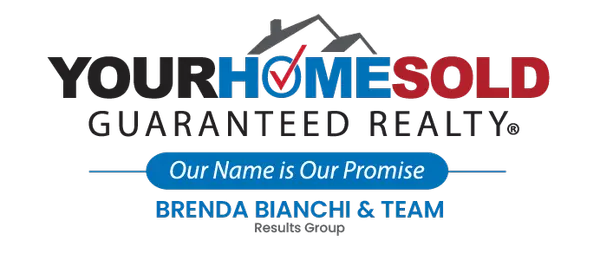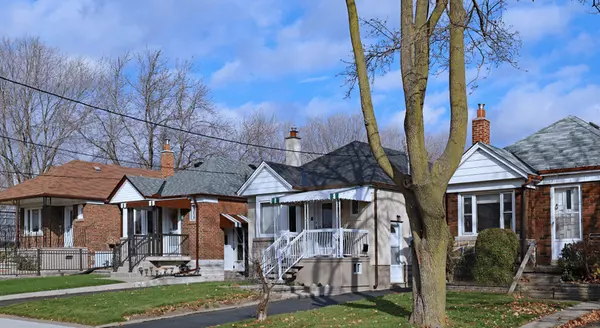Deciding Between Short Sales and Foreclosures

Deciding Between Short Sales and Foreclosures
Navigating the world of distressed properties, potential homebuyers and investors often encounter two common terms: short sales and foreclosures. Both options can offer opportunities for purchasing properties at reduced prices, but they come with distinct processes, advantages, and challenges. Understanding the differences between short sales and foreclosures can help you make an informed decision that aligns with your investment goals and risk tolerance. Here’s a comprehensive guide to deciding between short sales and foreclosures:
What is a Short Sale?
A short sale occurs when a homeowner sells their property for less than the amount owed on their mortgage, with the lender’s approval. In a short sale, the proceeds from the sale are insufficient to cover the outstanding mortgage debt, so the lender agrees to accept a reduced payoff amount. Short sales are typically pursued by homeowners who are facing financial hardship and cannot keep up with their mortgage payments.
Process of a Short Sale:
- Financial Hardship: The homeowner experiences financial hardship, such as job loss, medical expenses, or divorce, that makes it difficult to continue making mortgage payments.
- Lender Approval: The homeowner submits a short sale request to their lender, including documentation of financial hardship and a proposed sale price. The lender reviews the request and may approve the short sale if they believe it is in their best interest.
- Listing the Property: The property is listed for sale, often at a price below market value to attract buyers. Buyers should be aware that the sale is contingent on lender approval.
- Offer and Negotiation: When a buyer submits an offer, the homeowner accepts it, and the offer is then sent to the lender for approval. The lender may negotiate the terms or request additional information before approving the sale.
- Closing: Once the lender approves the offer, the short sale proceeds to closing, and the property is transferred to the buyer. The lender receives the sale proceeds, and the homeowner is typically released from the remaining mortgage debt.
Advantages of Short Sales:
- Potential Bargain: Buyers can purchase properties at a reduced price, often below market value.
- Less Damage to Credit: For homeowners, a short sale has a less severe impact on credit scores compared to foreclosure.
- Mutual Agreement: Short sales involve mutual agreement between the homeowner and lender, which can lead to a more cooperative and less adversarial process.
Disadvantages of Short Sales:
- Lengthy Process: Short sales can take several months to complete due to the lender’s review and approval process. Buyers must be patient and prepared for delays.
- Uncertainty: There is no guarantee that the lender will approve the short sale, leading to potential uncertainty for both buyers and sellers.
- Condition of the Property: Short sale properties are often sold “as-is,” meaning buyers may need to address repairs and maintenance.
What is a Foreclosure?
Foreclosure is a legal process by which a lender takes possession of a property after the homeowner fails to make mortgage payments. In foreclosure, the property is typically sold at a public auction to recover the outstanding mortgage debt. If the property does not sell at auction, it becomes a real estate-owned (REO) property, owned by the lender.
Process of Foreclosure:
- Default: The homeowner misses mortgage payments, leading to default. The lender sends notices of default and provides an opportunity for the homeowner to cure the default and avoid foreclosure.
- Notice of Sale: If the homeowner fails to cure the default, the lender issues a notice of sale, indicating that the property will be sold at a public auction.
- Foreclosure Auction: The property is sold at a public auction to the highest bidder. The proceeds from the sale are used to repay the outstanding mortgage debt and any associated costs.
- REO Property: If the property does not sell at auction, it becomes an REO property, owned by the lender. The lender may list the property for sale through traditional real estate channels.
Advantages of Foreclosures:
- Potential for Lower Prices: Foreclosed properties are often sold at significantly reduced prices, offering opportunities for buyers and investors to acquire properties at a discount.
- Clear Title: Lenders typically clear any liens or encumbrances on the property before selling it, providing buyers with a clear title.
- Immediate Availability: Foreclosed properties are often available for immediate purchase, with a more straightforward and faster process compared to short sales.
Disadvantages of Foreclosures:
- Property Condition: Foreclosed properties are usually sold “as-is,” and may require significant repairs and maintenance. Previous owners may have neglected or intentionally damaged the property.
- Competitive Bidding: Foreclosure auctions can be highly competitive, with investors and buyers bidding against each other. This competition can drive up prices and make it challenging to secure a property.
- Cash Requirement: Auctions often require buyers to pay in cash or with a substantial deposit, which may limit financing options.
Deciding Between Short Sales and Foreclosures
When deciding between short sales and foreclosures, consider the following factors:
- Timeline and Patience
- If you have the patience and flexibility to wait for lender approval and navigate potential delays, a short sale may be a suitable option. However, if you need to acquire a property quickly, a foreclosure may offer a more immediate solution.
- Property Condition
- Assess your willingness and ability to handle potential repairs and maintenance. Both short sales and foreclosures are typically sold “as-is,” but foreclosed properties may require more extensive work. Conduct thorough inspections and budget for necessary repairs.
- Financing Options
- Evaluate your financing options and budget. Short sales may offer more flexibility in financing, while foreclosure auctions often require cash payments or large deposits. Ensure you have the financial resources to meet the requirements of your chosen option.
- Risk Tolerance
- Consider your risk tolerance and ability to handle uncertainty. Short sales involve uncertainty due to the need for lender approval, while foreclosures may involve competitive bidding and potential property condition issues. Choose the option that aligns with your risk tolerance and investment strategy.
- Market Conditions
- Research the local real estate market and assess the availability of short sales and foreclosures. Market conditions can influence the supply and demand for distressed properties, impacting your ability to find suitable opportunities.
Conclusion
Both short sales and foreclosures offer opportunities to acquire properties at reduced prices, but they come with distinct processes, advantages, and challenges. By understanding the differences between short sales and foreclosures, assessing your timeline, property condition preferences, financing options, risk tolerance, and market conditions, you can make an informed decision that aligns with your investment goals. Whether you choose a short sale or foreclosure, thorough research, due diligence, and a strategic approach are essential for successful real estate investing.
Recent Posts











